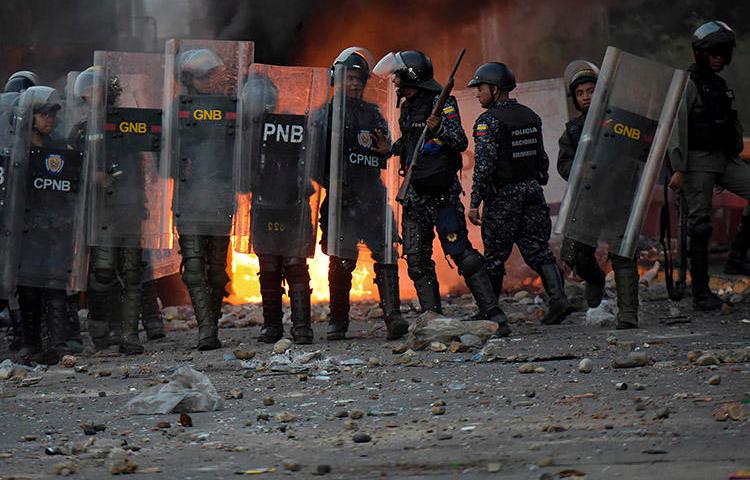
Uncertainty and risk for journalists stranded at Venezuelan border
As Venezuela’s political crisis deepens, and the country closes its border with Colombia following violent clashes in late February, CPJ’s emergencies director, María Salazar Ferro traveled to the Colombian border city Cúcuta, with Luisa Isaza, head of protection for the Colombian press freedom group FLIP, and CPJ’s Andes correspondent, John Otis. There, they met with…
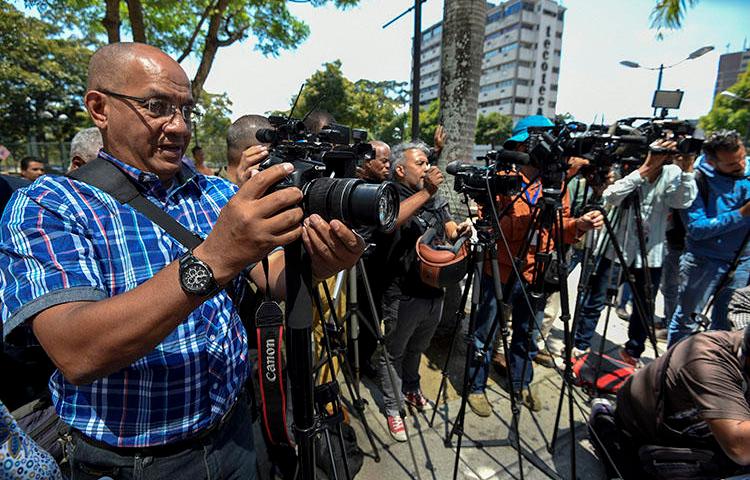
Venezuela’s intimidation tactics include arbitrary arrests, deportation
When Venezuelan military officials detained American freelancer Cody Weddle on March 11, the experience was both frightening and bizarre. Weddle said that agents put a hood over his head and pressed him to reveal sources he had never spoken with. They suggested the reporter was a member of the CIA and would be charged with…
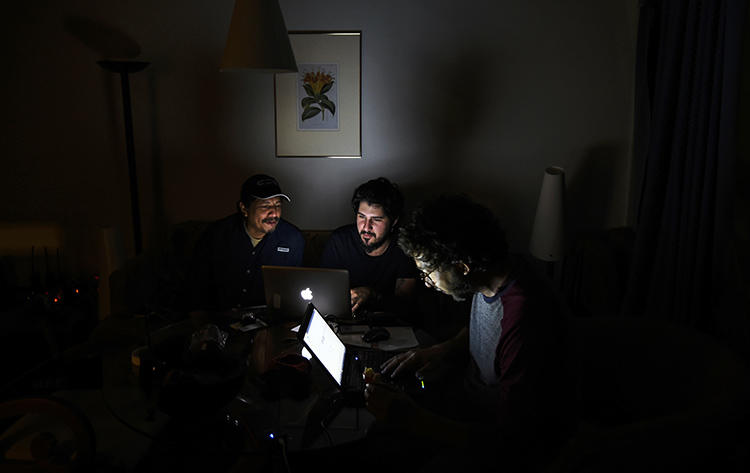
Maduro’s internet blackout stifles news of Venezuela crisis
One of the world’s biggest news stories on March 4 was the daring return to Venezuela of opposition leader and self-proclaimed interim president Juan Guaidó, who faced possible arrest by the authoritarian regime of Nicolás Maduro. But most Venezuelans were unable to follow his homecoming.

CPJ calls for Peru to stop harassing news outlets over investigative reporting
New York, July 17, 2018–The Committee to Protect Journalists today called on Peruvian authorities to end their harassment of two news outlets. A government body issued summonses to the directors of news website IDL-Reporteros and the TV program “Panorama,” and the public prosecutor and police went to the offices of IDL-Reporteros to demand that it…
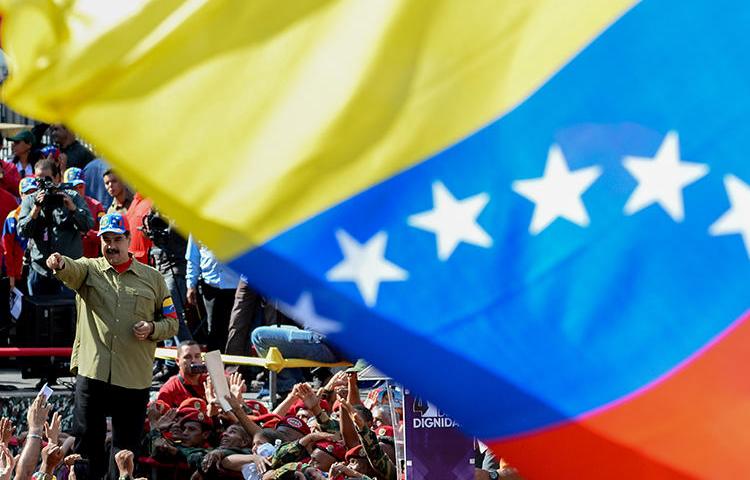
Venezuela’s anti-hate law provides Maduro with another tool to intimidate the press
In what journalists fear could be a taste of things to come, Venezuela’s new anti-hate law was enforced for the first time against a news organization on January 30, when Yndira Lugo, the editor of Diario Región, was called before government agents for questioning.
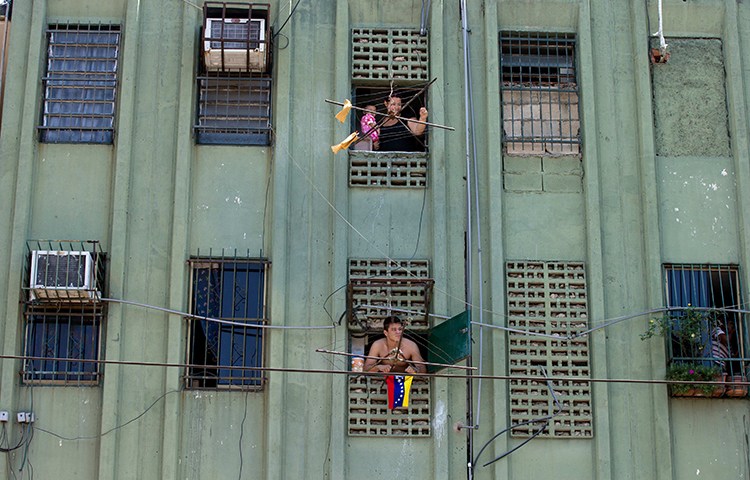
End of the print run for Venezuela’s regional press as supplies dry up for critical outlets
The lobby of El Carabobeño includes a display of vintage cameras, engraving plates and paper cutters from the 1930s when the newspaper was founded in Valencia, Venezuela’s third-largest city. But now El Carabobeño’s modern printing press could be added to the exhibit.

From power cuts to powerful threats, Venezuela’s indigenous journalists face a series of challenges in their reporting
Three twentysomethings huddle over a desk in a small room in Tucupita, a low-slung city of about 90,000 people that spills across the Orinoco river delta region in northeastern Venezuela. Far from the tear gas and street conflicts roiling cities including Caracas and Valencia, these journalists are focused on reporting the latest story from the…

Journalists detained, attacked, and threatened amid unrest in Venezuela
New York, July 31, 2017–Venezuelan officials should stop harassing journalists and censoring media outlets amid unrest and violent protests in the country, the Committee to Protect Journalists said today. Journalists covering yesterday’s vote to elect representatives for a constituent assembly to reform the Venezuelan constitution were arbitrarily detained, attacked, and threatened.
Criminal defamation thwarts critical reporting in Ayacucho
When Wilfredo Oscorima, the governor of the southern Peruvian state of Ayacucho, was sentenced in June to five years in prison for official misconduct, independent daily La Calle viewed the ruling as vindication for its vigorous investigations into his administration.
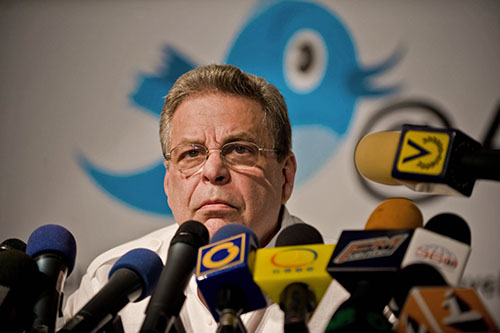
In Venezuela, online news helps journalists get their voices back
When Venezuelan President Hugo Chávez was rumored to be gravely ill four years ago, his socialist government was tightlipped about the diagnosis. Then in June 2011 a source in Havana, Cuba, where Chávez was being treated, told Nelson Bocaranda, a veteran columnist for the Caracas daily El Universal, that the president had cancer.